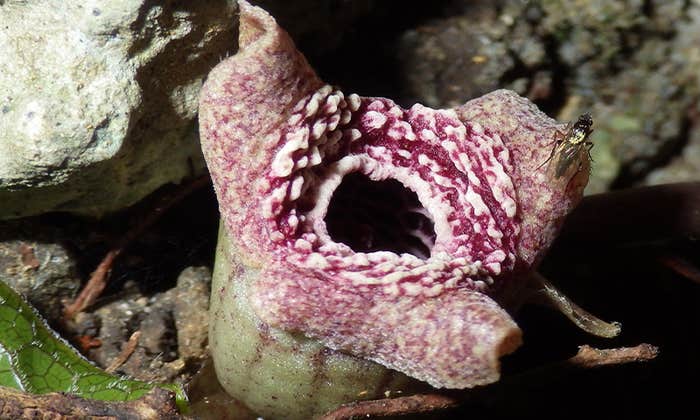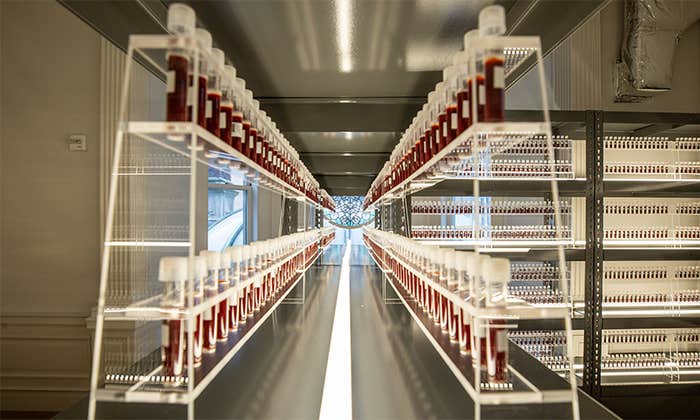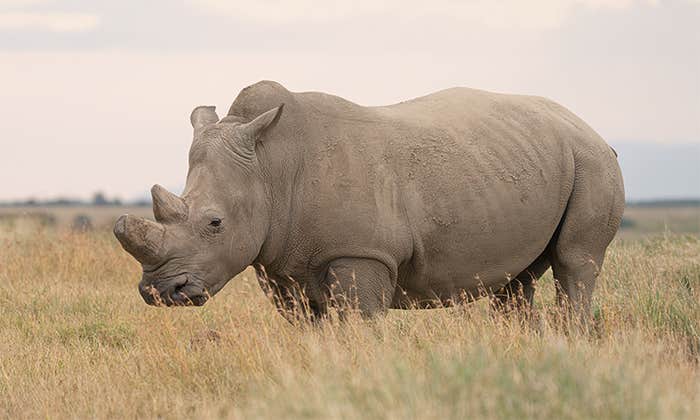Scientists
aren’t exactly sure how many new mutations crop up each generation
in humans—for years, the standard estimate was round 100-200, but
one
2011 study,
using whole genome information from two families, has put it at about
30-50. And the rate of mutation is more than a curiosity: Seeing how
many mutations separate us from cousin species and multiplying that
by the rate of change is one way scientists measure the time since we
diverged from each other—a “molecular clock.” So that new,
lower mutation rate—30-50 changes per generation—implies that our
common ancestor with chimps was not 5 million years ago, as had been
thought, but 7 million years. (For
Unravel the biggest ideas in science.
Become a more curious you.
Unravel the biggest ideas in science.
Become a more curious you.
The full Nautilus archive • eBooks & Special Editions • Ad-free reading
- The full Nautilus archive
- eBooks & Special Editions
- Ad-free reading

Fuel your wonder. Feed your curiosity. Expand your mind.
Access the entire Nautilus archive,
ad-free on any device.

-
We’ve Got the Beat—in Our Genes
How much we enjoy music, and in what ways, is heritable -
The Genetics of Putrid-Smelling Flowers
Some plants lure pollinators with the stench of decay using a gene related to one that fights odor in human breath -
Reclaiming Samples of Ourselves
Artist Heather Dewey-Hagborg explores the ethics of human specimen collections in Is a Biobank a Home? -
The Last of Their Kind
Are efforts to resurrect the northern white rhino more technological hubris than genuine conservation? -
Why Elephants Rarely Get Cancer
What snakes, ferrets, and elephants are revealing about cancer resistance























